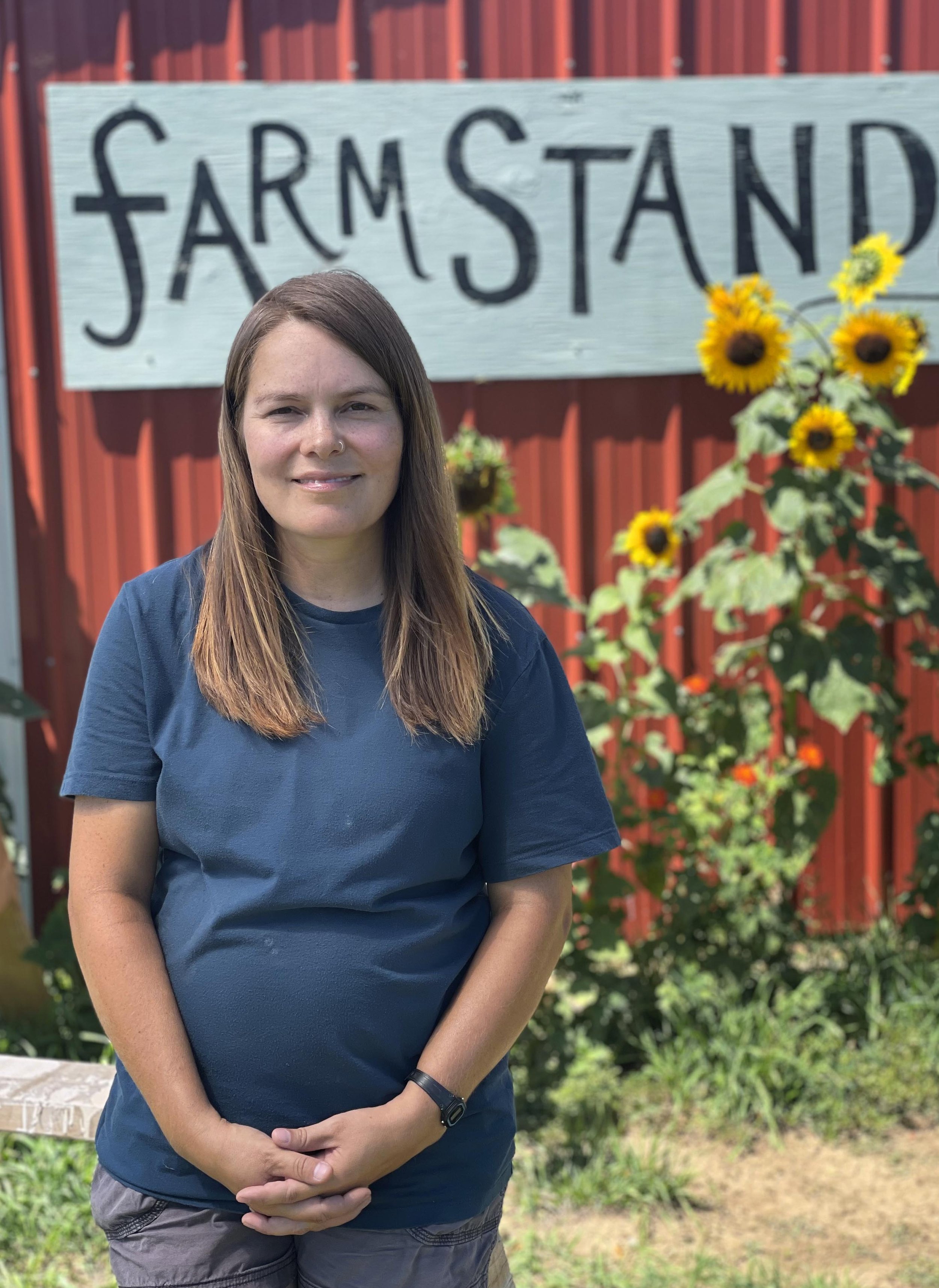We were asked to produce a visual story this month to compliment and build upon a written story published by one of our foundation clients. The story featured several characters, and we had freedom to speak with the people featured in the written story, or explore new areas and highlight new people.
It's always a joy when we're able to dive into our own exploration process and seek out people that have very interesting things going on in their own communities, but don't often get the chance to have their voice heard.
In this process of searching for people willing to share their story, this time about transportation issues for people in various environments around Colorado, we discovered Bill. He lives up in Gold Hill, a rural mountain town in the hills behind Boulder, up a steep and winding dirt road that you would never know exists. After a quick phone chat with Bill, we thought he would be a great piece of the story and could explain how he survives without a car in such a remote community. Often a phone call or two is all we have before meeting with someone and trying out an on-camera interview. It's often easy to tell if someone is going to be forthcoming on camera or not, and we find that most of the time people are excited to tell their story and have an active listener.
Bill had agreed to an interview in his home, a dome structure up a steep hill without running water. He greeted us with tea and coffee, so warm and generous, and showed us a bit around his property. He lives a simple life, is retired because of a disability from an accident he had years ago, rides his bike and spends weeks in the woods behind his house camping and being in nature. He produced some wild foraged mushrooms for us as a lunch offering, which he grilled in butter with asparagus and local bacon - a savory and unexpected treat for us.
During the interview we gathered much more than we needed for the story, but we often experience people opening up to us during interviews and understand that a listening ear is not offered much in people's lives. When they get the chance to open up, and receive genuine listening ears, they feel inspired and unfold layers of themselves. We understand that our job is not just to gather the story, but also to treat people with the utmost kindness and respect, acknowledging their humanity. We have a great responsibility with our cameras and editing capabilities, and when people offer a willingness to be vulnerable in front of our cameras, it's our job to take care and listen deeply.
The experience with Bill in his nature home and esoteric ramblings was a stark contrast with our next character, Pam from Montebello. We sat down with Pam in a park and learned all about her experience has a walker in her community. Pam is full of fire and energy, and leads a walking group in Montebello. She advocates for black women to get out of their homes and walk their community, to fight preventable diseases and also create a stronger sense of community. We learned about the greatest struggles Montebello has, and how the city has been built around the assumption that everyone owns a car, which not everyone can afford. We were inspired by her vivaciousness as a retired woman in her 60s, advocating for policy changes and galvanizing hundreds of other women in her community to make a change for themselves and where they live.
We followed Pam through the streets with our cameras, documenting the dangerous and unfair experiences she has as a pedestrian trying to navigate her own city.
It's these varied experiences that we love exploring, just minutes or hours away from our own homes in Denver, and it takes getting out into the community and talking to folks to understand and capture diversity of life. Everyone has something to share, and many people welcome us into their world without hesitation. When we leave ourselves open to the organic story that unfolds, we experience true humanity and can develop a story that expresses vulnerability and depth. We're also highly impacted by the experiences we enter into as filmmakers, and we learn a great deal about people and issues every time we discover a new story.


















